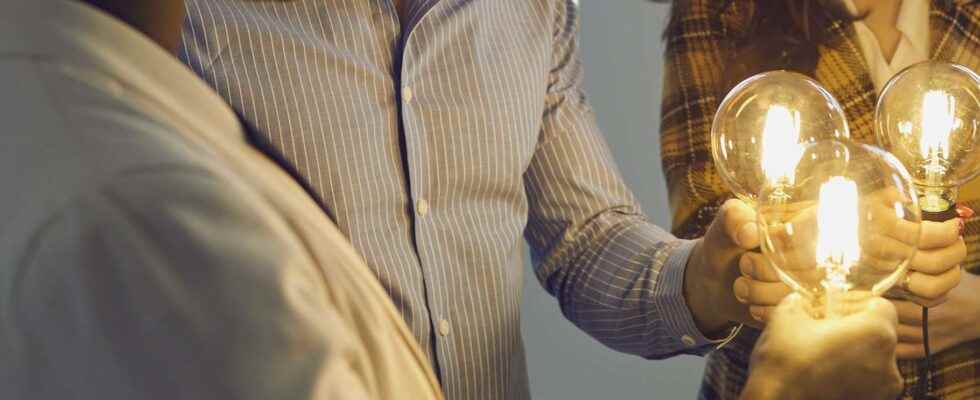The climate crisis is here. And to deal with it, the world must make a transition in its energy system. Look to new sources. But in the opinion of experts, this transition can only be made if it is done in collaboration with citizens. The notion of energy community has been developed with this in mind. It has been debated for several weeks on the EDF Pulse & You platform. You may also have your say…
The notion of energy community was introduced into European legislation in 2018. It was then introduced into French law by Loi Energy Climate in 2019. As for its transposition into French law, it now seems imminent. A little more after the announcement by Barbara Pompili, Minister for the Ecological Transition, a few days ago, of the forthcoming publication of a decree on this subject. But what is behind this term? And above all, what do you understand about these energetic communities? This is the whole question debated since the beginning of November on the EDF Pulse & You platform.
One of the objectives of energy communities is to respond to theclimate emergency. By providing a legal framework for new ways of producing, exchanging, storing and consuming carbon-free energy. A framework that goes further than that authorizing collective self-consumption. A framework that opens the gate to new forms of local governance.
Because the energetic transition, it is not only the transition from carbon-based production to decarbonized production. It is also a real transformation of the energy market. A market that increasingly allows consumer actors to emerge. They want to get involved in the deployment of renewable energies. And they generally take advantage of the emergence of new technologies at affordable prices.
Energy communities for the transition
The energy communities, whether they are Renewable Energy Communities (RECs) or Citizen Energy Communities (CEC) allow their members to associate together to carry out energy activities. Citizens, communities, associations or even companies can therefore join forces to produce together and locally renewable energy that they will, ideally, end up consuming.
In practice, energy communities are diverse. Some are built on the scale of a street, others on the larger scale of a city. They can revolve around very different profiles, in order to more easily balance production and consumption. They can also be based on innovations. An intelligent technology that will allow, for example, production to be distributed in an optimized way between the different consumers to thus maximize the rate of self-consumption.
Promotion of the circular economy, development of local employment, preferential rates on high energy efficiency equipment, lower energy bills. The idea is that everyone – and everyone – benefits. But to find out how energy communities can organize themselves, what accompaniments they might need and what they will really look like, there is still a lot to be done. And for that, all points of view will be useful. So don’t hesitate to share yours on the EDF Pulse & You platform.
Subject produced in partnership with EDF teams.
What you must remember
- A new co-ideation campaign is underway on the EDF Pulse & You platform.
- Until February 28, 2022, it proposes to debate around the concept of energy communities.
- What do they consist of? How are they organized? What do they bring? These are just some of the questions that arise.
- As usual, from nice rewards await the Pulsers that have caught the community’s attention the most.
Interested in what you just read?
